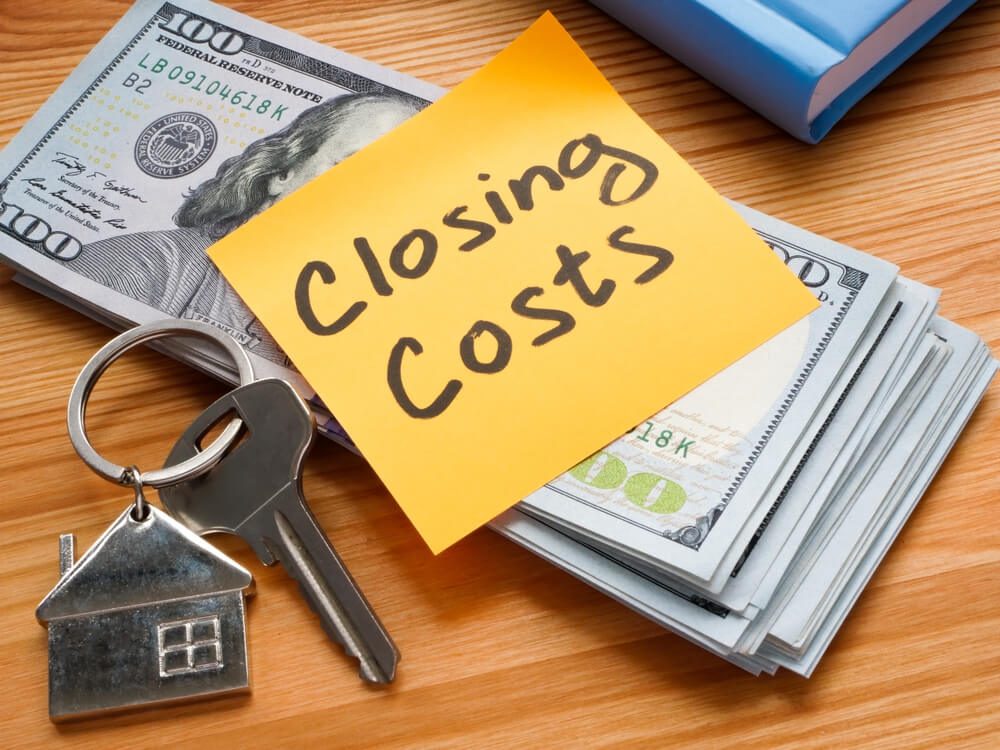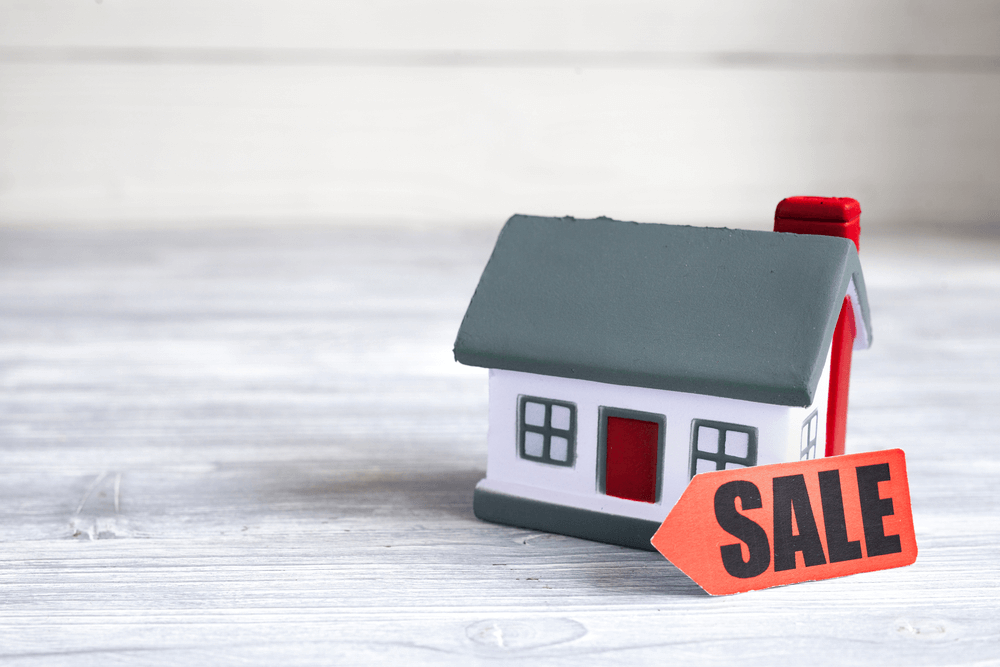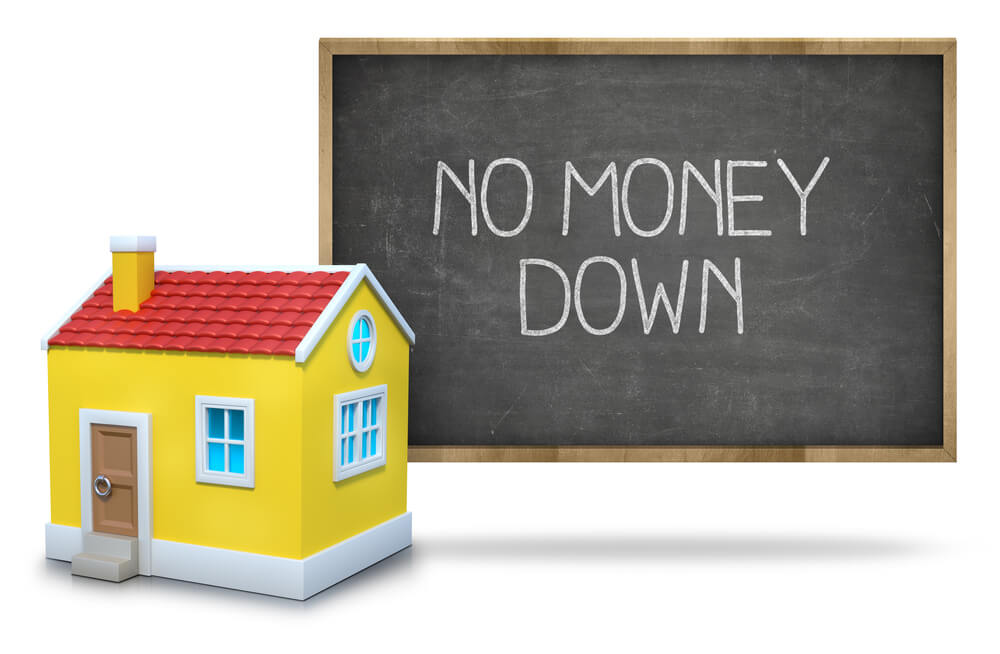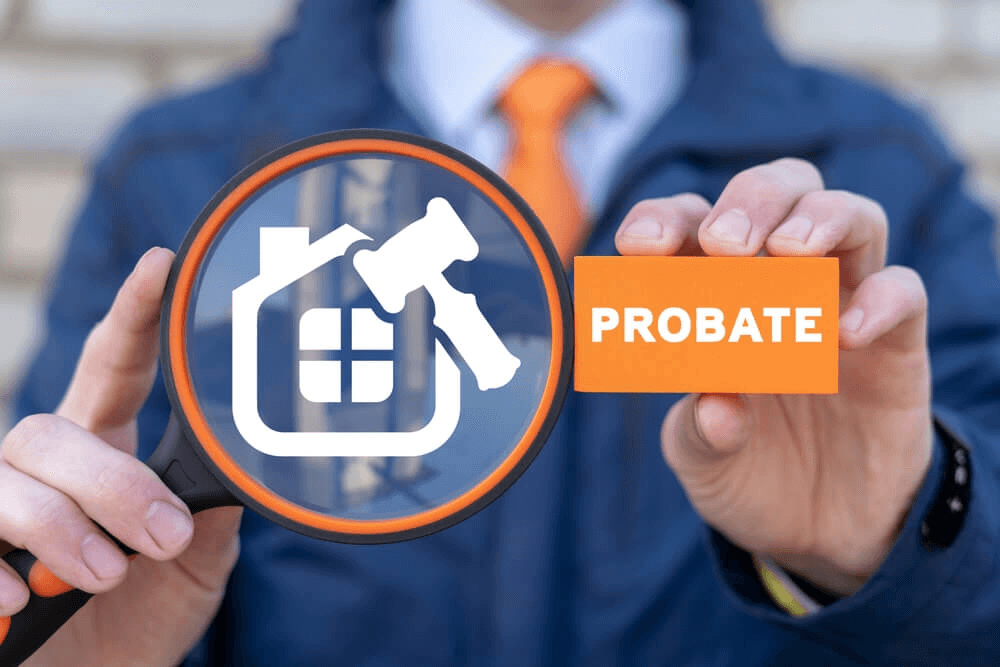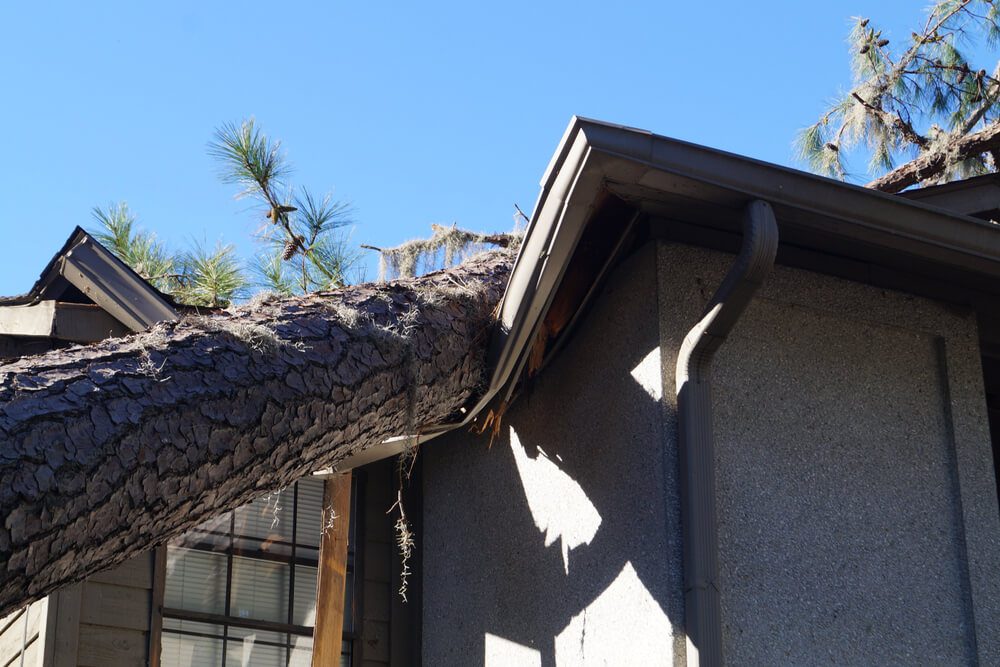Tenants Rights When Landlord Sells Property in New York
When a landlord decides to sell their property, tenants often find themselves uncertain about their rights and what the future holds for their living situation. This situation is common in New York State, where the real estate market is dynamic and competitive. For tenants, understanding their rights is crucial. New York State has robust tenant protection laws designed to ensure stability and fairness. Key rights include the ability to remain in the apartment under the current lease terms, even if the property is sold. These protections are vital for maintaining housing security and preventing abrupt changes that could disrupt tenants’ lives. In this article, we will delve into the specific tenants rights have when their landlord sells the property and how these rights are upheld across New York State. I. Tenant’s Right to Remain (Statewide) A. Applies to Both: Fixed-Term Leases and Month-to-Month Leases In New York State, tenants are afforded the right to remain in their apartments regardless of whether they have a fixed-term lease or a month-to-month lease, even when the property changes ownership. Fixed-Term Lease: For tenants with a fixed-term lease—typically one year or less—the new owner is legally required to honor the existing lease terms until the lease expires. This means that the sale of the property does not alter the tenant’s right to occupy the rental unit for the duration of their lease. The tenant should continue paying rent to the new owner as stipulated in their original lease agreement. This protection ensures that tenants do not face sudden displacement and can plan their housing situation with certainty until their lease term concludes. Month-to-Month Lease: Tenants on a month-to-month lease also have protections, although the situation is slightly different. The new owner must adhere to proper eviction notice procedures if they wish to terminate the lease. Depending on the location within New York State, the notice period varies: 30 days’ notice if the tenant has lived in the apartment for less than one year. 60 days’ notice if the tenant has lived in the apartment for one to two years. 90 days’ notice if the tenant has lived in the apartment for more than two years. These notice periods ensure that tenants on month-to-month leases are provided with adequate time to find alternative housing arrangements, thus minimizing disruption and offering a fair transition period. II. Rights Under the Lease (Statewide) A. New Owner Inherits Obligations of the Old Lease When a property is sold, the new owner steps into the shoes of the previous landlord and inherits all the obligations stipulated in the existing lease. This rule applies statewide across New York. Consequently, the terms of the lease, including the rent amount, necessary repairs, and access to amenities, remain unchanged. The new owner cannot alter the lease terms until the lease expires. Rent Amount: The new owner must continue to charge the rent amount specified in the existing lease. Any attempt to increase the rent before the lease term ends is prohibited unless otherwise specified in the lease agreement. Repairs: The responsibility for maintaining the property and conducting necessary repairs transfers to the new owner. Tenants retain the right to request repairs and expect the new owner to address maintenance issues promptly and efficiently. Amenities: Any amenities that were included in the lease, such as access to common areas, parking spaces, or laundry facilities, must remain available to tenants. The new owner cannot revoke these amenities without proper cause or after the lease has expired. B. Tenant’s Responsibilities Stay the Same Just as the new owner must uphold the lease’s terms, tenants are also required to fulfill their responsibilities under the lease agreement. These responsibilities include: Timely Rent Payment: Tenants must continue to pay their rent on time as outlined in the lease. The recipient of the rent payment may change, but the obligation to pay rent punctually remains the same. Maintaining the Property: Tenants are expected to take reasonable care of the rental unit and comply with all maintenance requirements stated in the lease. This includes keeping the property clean, reporting necessary repairs promptly, and not causing damage to the premises. III. New Landlord and Tenant Interaction (Statewide) A. Tenant’s Right to Reasonable Access for Repairs or Showings (with Proper Notice) When a new landlord takes over a property, tenants retain their right to reasonable access, ensuring that any necessary repairs or property showings are conducted with proper notice. This right is upheld statewide in New York. Repairs: Tenants have the right to request and expect timely repairs from the new landlord. The landlord must provide reasonable notice before entering the rental unit to perform repairs. Generally, a 24-hour notice is considered reasonable, although the specific timing can depend on the nature and urgency of the repair. Showings: If the property is being shown to potential buyers or renters, the new landlord must also provide reasonable notice to the tenants. Again, a 24-hour notice is standard, but this can vary based on the lease agreement or specific circumstances. The goal is to ensure that tenants’ privacy and convenience are respected while allowing the landlord to manage their property effectively. B. Tenant’s Right to Withhold Rent if Repairs Go Unaddressed (Following Proper Procedures) Statewide in New York, tenants have the right to withhold rent if the new landlord fails to address necessary repairs. This right ensures that tenants do not continue to pay for a property that is not being adequately maintained. However, tenants must follow proper procedures to exercise this right legally: Document the Issue: Tenants should document any maintenance issues and request repairs from the landlord in writing. This creates a record of the problem and the tenant’s efforts to resolve it. Reasonable Timeframe: The landlord must be given a reasonable amount of time to make the repairs. What constitutes a reasonable timeframe can vary depending on the severity of the issue. For instance, a lack of heat in winter may require immediate attention, while a less urgent repair might allow for
Tenants Rights When Landlord Sells Property in New York Read More »





